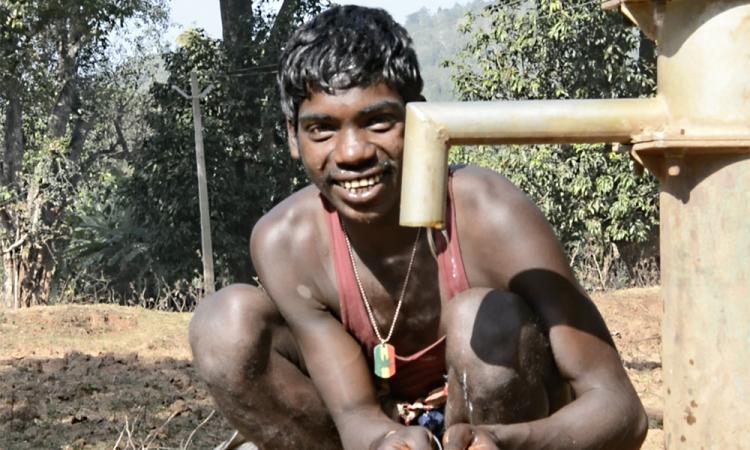
"More than eight villagers in Padapadar have died due to water-borne diseases such as typhoid, diarrhoea, jaundice, etc. in last five years", says Bir Mallick, an active member of Jeevika Suraksha Manch (JSM), an organisation working on tribal rights in Kandhamal district, Odisha. As per a report by the Ministry of Health and Family Welfare, more than 1000 people have died and over a million have been affected by water-borne diseases due to contaminated water sources in Odisha.
In 2012, with an objective of empowering the most marginalised communities in Odisha with their rights and entitlements, Atmashakti Trust formed Odisha Shramajeebee Mancha, an apex body of 10 district level Jan Sangathans (people's organisation) working with more than 5 lakh households. JSM, realising the strength of the people's body, is working to solve drinking water problems of the region collectively. After thoroughly examining government schemes and programmes related to drinking water, they have started an effective follow-up and monitoring of the implementation of these schemes in their village.
Strict monitoring of the government drinking plans by JSM have resulted in the villagers of Padapadar demanding their rights from the government. The mobilisation of the people has lead to the quick implementation of government schemes and resulted in a social and economic transformation. “Informing marginalised communities about their rights and entitlements has brought a significant change in the life of more than 5 lakh households in Odisha”, says Amir Khan, senior assistant coordinator of Atmashakti Trust.
The film “A Hand Pump” tells a story of the villagers of Padapadar and their struggle to finally get their right to safe drinking water.
/articles/right-information-and-collective-strength-people-triumph